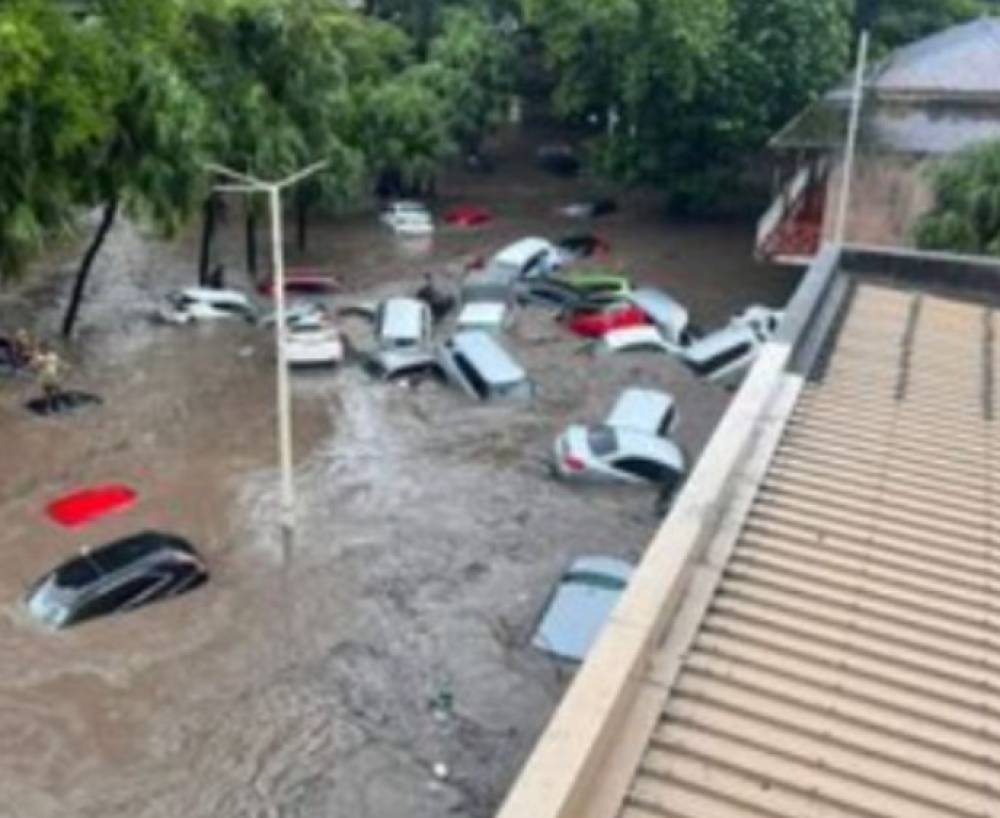

Climate Change in Mauritius: The Impact of Cyclone Belal and the Resilience of Mauritian Solidarity"
The island nation of Mauritius has long been admired for its stunning natural beauty and vibrant culture. However, in recent years, Mauritius has also become increasingly vulnerable to the effects of climate change, with events like Cyclone Belal serving as stark reminders of the urgent need for action. Despite the challenges posed by climate change, the Mauritian people have demonstrated remarkable resilience and solidarity, coming together in times of crisis to support one another and rebuild their communities.
The Impact of Cyclone Belal:
Cyclone Belal, a powerful tropical cyclone that struck Mauritius in 15th January 2024 left a trail of destruction in its wake. With fierce winds, heavy rainfall, and storm surges, the cyclone caused widespread damage to infrastructure, homes, and livelihoods across the island. Coastal areas were particularly hard hit, experiencing flooding and erosion that exacerbated existing vulnerabilities. The aftermath of Cyclone Belal served as a sobering reminder of the devastating impact that climate change-fueled extreme weather events can have on small island nations like Mauritius.
The Resilience of Mauritian Solidarity:
In the face of adversity, the Mauritian people rallied together to support one another and rebuild their communities. From grassroots initiatives to government-led relief efforts, solidarity and cooperation were at the forefront of the response to Cyclone Belal. Volunteers worked tirelessly to assist those in need, offering shelter, food, and medical care to affected individuals and families. Community organizations and NGOs played a vital role in coordinating relief efforts and delivering aid to hard-to-reach areas.
Lessons Learned and Calls to Action:
Cyclone Belal served as a wake-up call for Mauritius, highlighting the urgent need for climate resilience and adaptation measures. As the frequency and intensity of extreme weather events continue to increase due to climate change, Mauritius must invest in infrastructure upgrades, disaster preparedness, and sustainable development practices. Additionally, international cooperation and support are crucial in addressing the root causes of climate change and mitigating its impacts on vulnerable communities.
Conclusion:
While Cyclone Belal brought devastation to Mauritius, it also showcased the strength and resilience of the Mauritian people in the face of adversity. As the nation continues to confront the challenges of climate change, solidarity and cooperation will be essential in building a more resilient and sustainable future for all. By working together and taking decisive action, Mauritius can emerge stronger and more resilient in the face of future climate-related challenges.


